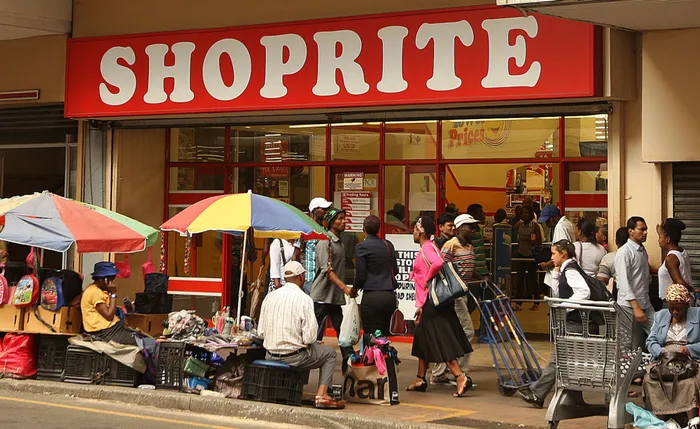Spotlight on consumers as retail data disappoint

Nompumelelo Magwaza
THE sullen state of South African consumers was again cast into the spotlight yesterday as the latest retail sales figures for January came in weaker than expected, signaling the mounting pressure on consumer spending.
Retail sales registered growth of only 1.7 percent in January from a downwardly revised 2 percent in December. The latest figures fell short of the 2.5 percent that had been forecast by economists polled by Bloomberg.
The January figures, according to analysts, portend more weakness in the months ahead amid subdued domestic demand, a scenario that could be compounded by the imminent increases in personal income taxes and in fuel prices after Finance Minister Nene announced increases in various levies in his Budget.
“Retail sales figures, together with other recently released indicators, including the fourth quarter gross domestic expenditure data continue to show subdued domestic demand,” Nedbank’s economic unit said in a note.
The data from Statistics SA showed that on a month-on-month basis retail sales contracted for the second consecutive month falling by a seasonally adjusted 0.1 percent following a 0.9 percent drop in December.
Analysts expected consumer spending to strengthen somewhat during the first half of the year, thanks to lower food and fuel price inflation, as well as stable interest rates.
Annabel Bishop, the chief economist at Investec, is forecasting an increase of as much as R1.70 in the petrol price next month. About 80c of that will go towards the government fuel levies announced in the budget.
“Such an increase will cancel out most of the previous relief in petrol prices, lending less support to retail sales, potentially in the clothing and footwear category,” she said.
In March the petrol price rose by 96c a litre.
Bishop said she expected consumer spending to be constrained as high indebtedness weighed on households.
“The traditional festive season spend has left highly indebted households financially constrained in the New Year,” she said, noting that the backdrop for this was also the fact that an estimated 57.8 percent of consumers were delinquent in debt repayments – in other words they are 30-days plus behind in repayments.
“Higher personal income taxes from the threshold of R181 901 per annum announced in the Budget will also negatively impact retail sales from the second quarter of this year, meaning retail sales growth may come out below 2014’s revised 2.1 percent year-on-year.”
According to the latest figures, retail spend over the festive season was R80.8 billion in December versus R55.9bn in January. Analysts feared that such spending could have driven households deeper into debt. This scenario would leave households vulnerable if the Reserve Bank were to start hiking interest rates as inflation edges back up again in the months ahead.